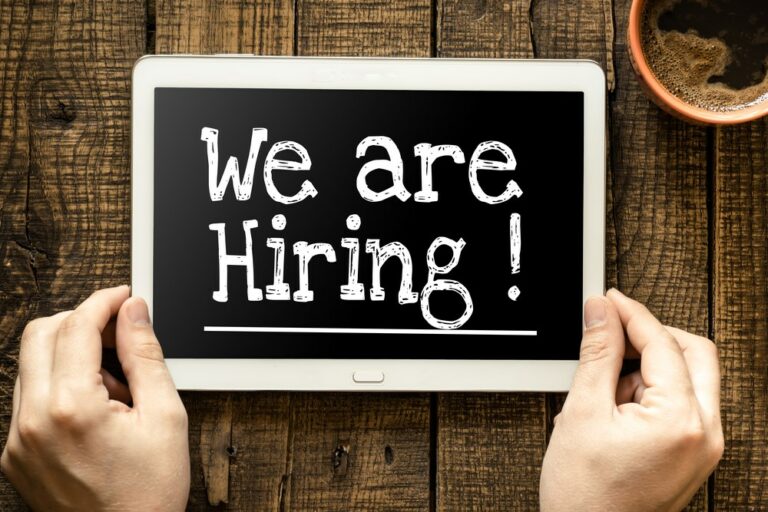
Over the last number of years, we’ve witnessed an increasing awareness regarding the importance of good mental health in the workplace. Such efforts may need to be intensified within the workplace as Gen Z workers show a greater desire for mental health support than older generations. The impact of mental health on productivity is lower among Baby Boomers (8%) as compared to 38% of Gen Z and 32% of Millennials.
Research from The Future of Benefits Study from The Hartford, a provider of workers’ compensation and employment, found 53% of Gen Z workers are highly stressed in a typical week. They are likely to feel depressed or anxious (44%) at least a couple of times a week, but 51% of Gen Z workers don’t believe employers care about their mental health. This demographic is also more likely to report stigma prevents them from seeking mental health aid (41%).
Making Beneficial Changes
Another workforce study of more than 1,100 individuals, predominantly office workers, conducted by The Conference Board found one-third of U.S. workers report a worsening of their mental health and a decreasing sense of belonging.
These findings highlight why U.S. workers continue to champion more mental health awareness and access to workplace mental health benefits. This includes mental health-related tools for employees (59%), training for managers (58%) and resources for dependents (58%).
71% of human resources professionals agree managers need more mental health resources (65%) and additional mental health training (71%). Additionally, 64% of human resources professionals see depleting mental health within the workforce as having a negative fiscal impact on their company.
Factors Contributing to Decreased Mental Health
- Inability to take PTO work-free without guilt.
- Working more than 50 hours a week
- Poor workplace communication
- Decreased ability to balance demands of work and life.
- Time spent in meetings.
- Toxic work cultures
- Inability to speak to management about mental health.
- Lack of availability of mental health-related sick days
- Inflexibility regarding WFH/hybrid work schedules.
But support for mental, emotional, and physical well-being programs may be decreasing, according to The Conference Board survey. 62% say emotional well-being programs are available compared to 88% one year ago. 52% have financial well-being initiatives available compared to 76% last year. 54% have physical well-being programs available, compared to 74% last year. In some cases, these programs are available but are not being used by employees.
Importance of Enacting Changes
These are all important considerations for employers because a decrease in employee mental health and wellness can affect engagement and productivity. 43% of Millennials reported a decrease in engagement in the last six months. This is compared to 38% of Gen X and 34% of Boomers. These stats could be particularly troubling considering the estimated 75 million Boomers expected to retire by 2030. By that time, Millennials and Gen Z will make up close to two-thirds of the workforce.
“The stakes could not be higher,” said Christopher Swift, Chairman and CEO, The Hartford. “The future of work depends on meaningful action today to support next-gen workers’ emotional and mental well-being. Employers have the power to transform mental health through empathetic leadership, inclusive and collaborative workplaces that foster connection and more resources tailored to the unique needs of employees and their families.”

